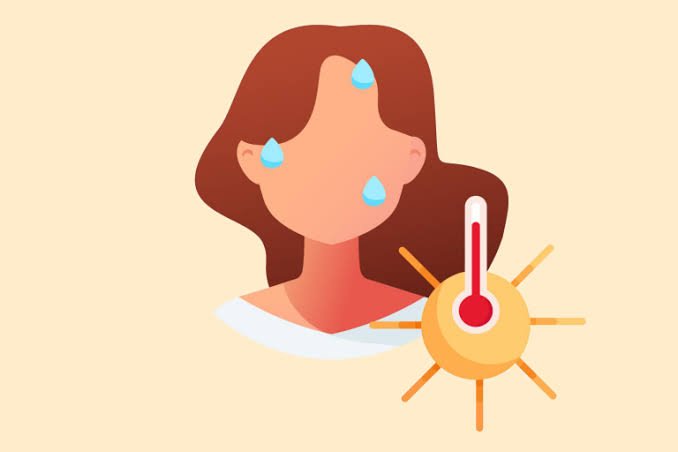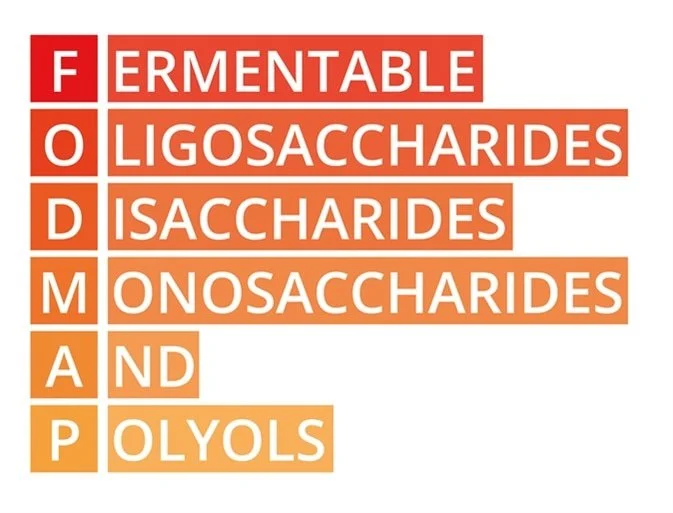Could eating healthy food be wrecking your gut?
/We all know that eating clean and healthy is supposed to be good for you, right? From a young age it’s drummed into us that fruit and veggies are the best choices to keep you healthy. After all, an apple a day is famous for keeping the doctor away! But what happens when the healthy food you eat starts to attack you and make you feel worse than ever? As we enter Spring Clean season and consume copious green juices and kale smoothies, more and more people are finding there can be a high price to being healthy if it’s not done in the right way for your body.
How can food be nutritious for some, but poison for others?
Greens are supposed to be healthy for us. But lurking in your next spinach salad or green smoothie is an antinutrient known as oxalates that could be causing you harm. Oxalic acid from food sources can bind to minerals to form compounds such as calcium oxalate and iron oxalate, and usually occurs in the colon and kidneys. We excrete oxalates via our stool or urine, but for those with oxalate sensitivity, a high-oxalate diet is liked to issues such as kidney stones and other health problems. Because oxalates bind with other minerals in your gut, high-oxalate foods can also hinder nutrient absorption in sensitive individuals. Fortunately, some dietary oxalates can be broken down by bacteria in your gut which occurs before it can bind with minerals, which is why keeping a clean colon populated with friendly bacteria is essential for people with oxalate sensitivity.
Food sources of oxalates
It’s important to remember that most foods with oxalates are extremely healthy for us, and it’s important to not remove them entirely from your diet. Avoiding high-oxalate foods entirely is unnecessary for most people, and doing so can cause you to miss out on essential vitamins, minerals, antioxidants and fibre. If you suffer from oxalate sensitivity or easily form kidney stones, you can benefit from reducing and monitoring your intake of high-oxalate foods such as leafy greens (spinach, kale, chard, beet greens, endive etc), some root vegetables (beetroot, sweet potato), gluten, and nuts/mylks (almonds, peanuts).
Biohack your way out of oxalate sensitivity
The good news is there’s a few simple hacks you can employ to minimise the impact that dietary oxalates have on your wellbeing. Steaming or boiling your greens can dramatically reduce their oxalate content by as much as 90%. It’s also important to ensure you get additional calcium in your diet, as oxalates will bind with calcium in your gut and block its absorption. Gut-friendly foods that are high in calcium but low in oxalates include broccoli, bok choy and other Asian greens. Finally, ensure you’re getting at least 10 glasses of water each day, even more if you’re prone to kidney stones.









